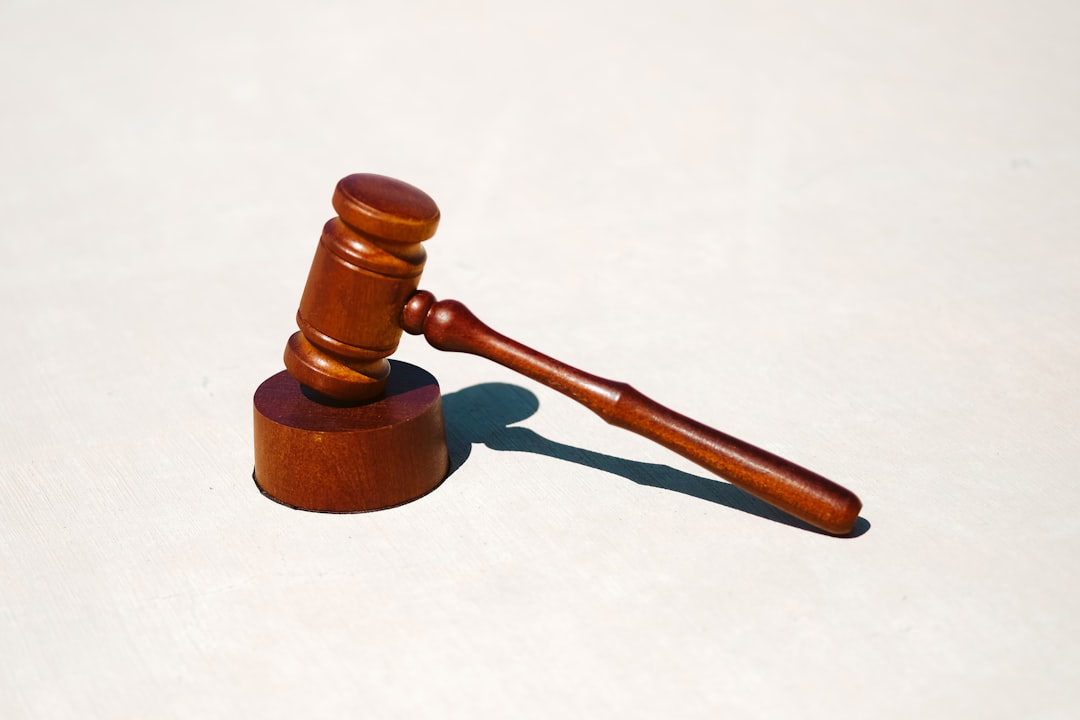Unsolicited commercial text messages (spam texts) in Minnesota are illegal without prior consent, carrying fines and potential criminal charges. Violations trigger the need for a spam texts Attorney Minnesota to navigate legal defenses, obligations, and penalties, protecting privacy rights and ensuring compliance with strict state regulations against deceptive marketing practices.
In Minnesota, the penalties for spam text violations are stringent, reflecting a state commitment to consumer privacy and communication ethics. This article delves into the definitions of spam texts under Minnesota law, exploring the legal consequences faced by perpetrators and emphasizing the crucial role an attorney can play in mitigating these violations. Understanding these aspects is essential for both businesses and individuals navigating the complex landscape of digital communication, especially with a competent spam texts Attorney Minnesota.
Understanding Spam Text Definitions in Minnesota

In Minnesota, the term “spam text” is defined as unsolicited text messages sent for commercial purposes. These messages can range from advertising and promotional content to those promoting a service or product, often with an urgent or enticing tone. Understanding what constitutes spam texts is crucial for businesses and individuals alike, especially when navigating the legal implications.
Minnesota law explicitly prohibits the sending of spam texts without prior consent. This means that companies must obtain explicit permission from recipients before texting them for marketing purposes. The state’s regulations are in place to protect consumers from unsolicited communication, ensuring their privacy and peace of mind. Should a business or individual violate these rules by sending spam texts, they may face legal penalties, including fines and other consequences. Therefore, it’s essential to consult with an Attorney Minnesota to ensure compliance and avoid potential legal troubles related to spam text violations.
Legal Consequences of Unlawful Spam Texts

The legal consequences for sending unlawful spam texts in Minnesota can be severe, with penalties ranging from monetary fines to criminal charges. Under Minnesota law, businesses and individuals who send unsolicited text messages en masse, often referred to as spam texts, can face substantial legal repercussions if found guilty of violating state regulations. These violations typically include contacting individuals or entities without their prior consent, which is a direct breach of privacy rights.
Attorneys in Minnesota have reported numerous cases where spammers face charges for violating consumer protection laws. The state’s strict guidelines on commercial text messaging aim to protect residents from unwanted and invasive marketing practices. As such, anyone caught engaging in spam text activities may be subject to substantial fines, legal orders to cease and desist, and potential criminal prosecution, especially if the messages contain misleading or deceptive content.
The Role of an Attorney in Spam Violation Cases

In cases of spam text violations under Minnesota law, involving unauthorized or unsolicited text messages, an experienced spam texts Attorney Minnesota plays a pivotal role in protecting individuals’ rights and ensuring compliance with relevant regulations. These attorneys specialize in navigating the complexities of telecommunications laws and have in-depth knowledge of consumer protection statutes. They assist clients in understanding their legal options and obligations, helping them avoid potential penalties and fines associated with such violations.
If you’re faced with a spam text complaint or are accused of violating Minnesota’s anti-spam legislation, consulting a legal expert is advisable. A spam texts Attorney Minnesota can provide strategic guidance, analyze the specific circumstances, and develop tailored defenses. They represent clients in negotiations, mediations, or, if necessary, court proceedings, aiming to minimize legal repercussions and protect privacy rights. Their expertise ensures that individuals and businesses alike are held accountable while ensuring fairness throughout the legal process.






